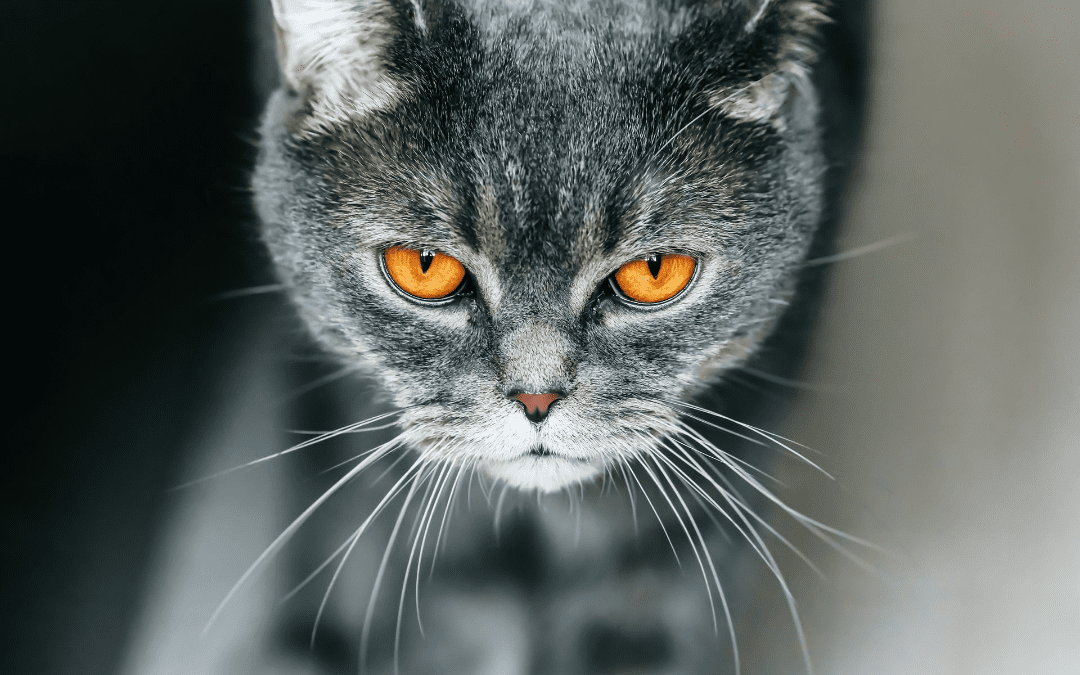Just like how you try to maintain good eye care, it’s also important to keep your pet’s eyes healthy. Your pet’s eyes are sensitive and can easily succumb to injury or disease, but with proper care, hygiene, and close monitoring, you can help your furry pal keep their 20/20 vision well into their golden years. Our team at truBOND Veterinary Hospital would like to educate you on common eye problems in pets, the symptoms, and how you can do your part in helping to keep your pet’s eyes healthy.
What are common eye problems in pets?
Pets can suffer from all manner of eye conditions—some hereditary, some caused by trauma or infection, and some caused by old age. The most common eye problems in pets include:
- Cherry eye — In addition to the two visible eyelids, your pet has a third eyelid that typically hides from view in the inner corner of the lower eyelid. The third eyelid contains a tear-producing gland that may pop out of place.
- Entropion — Some pets have eyelids that roll inward, causing the eyelashes and hair to rub against the cornea. This condition is most commonly an inherited trait.
- Keratoconjunctivitis sicca (KCS) — KCS, or dry eye, is a disease that occurs when the tear gland produces too few tears to lubricate the eye adequately.
- Corneal ulcers — Trauma that damages the sensitive cornea, such as thorns, claws, or other foreign objects, is often the underlying cause for corneal ulcers.
- Glaucoma — When fluid drainage from the eye is disrupted, pressure builds up and leads to glaucoma, a painful ocular condition.
- Cataracts — The eye lens can develop a cloudy, opaque cataract that interferes with vision and may also lead to glaucoma.
What are eye problem signs in pets?
If your pet develops an eye problem, their ocular health can rapidly deteriorate. At the first hint of one of the following signs, contact our team:
- Increased tear production
- Eye inflammation
- Rubbing or pawing at the eyes
- Mucus drainage
- Squinting
- Cloudy appearance
- Visible third eyelid
How can I keep my pet’s eyes healthy?
Although you cannot do much to stave off congenital or age-related eye conditions in your pet, you can help keep their eyes healthy with the following tips:
- Remove hanging hair from around your pet’s eyes with blunt-tipped scissors
- Remove mucus and eye discharge from your pet’s eyes with a warm, damp washcloth
- Schedule regular appointments with our veterinarian for ocular exams
It’s important to pay close attention to your pet’s health in order to give them their best quality of life. Contact our team if you have any questions or concerns about your pet’s eye health.

